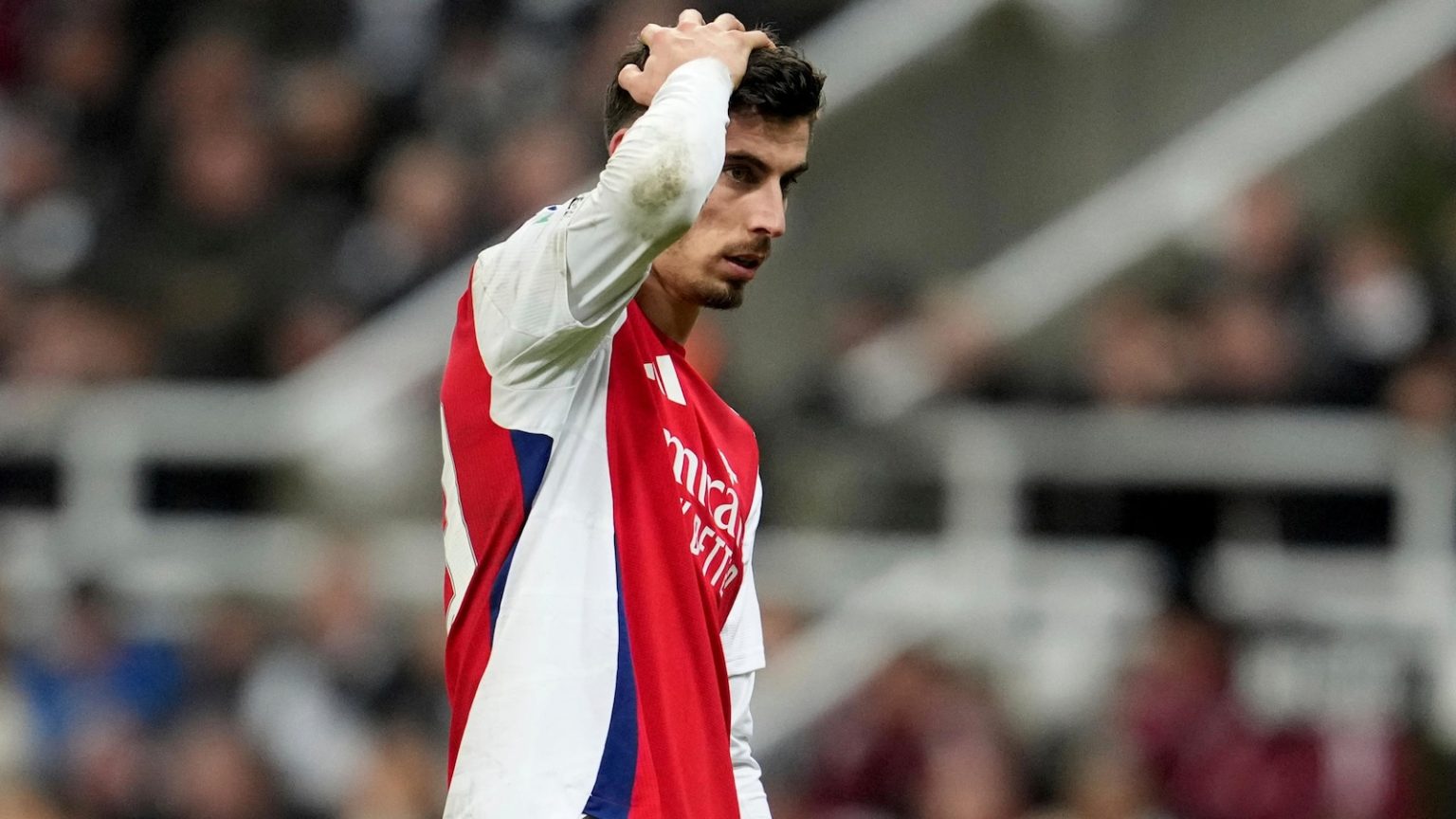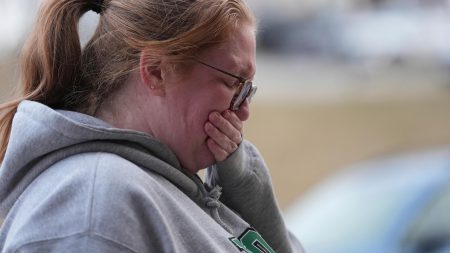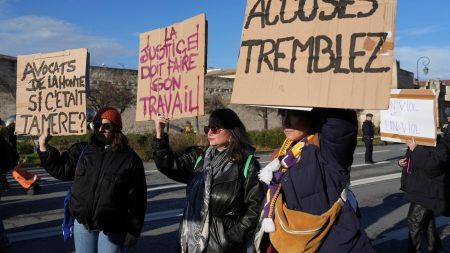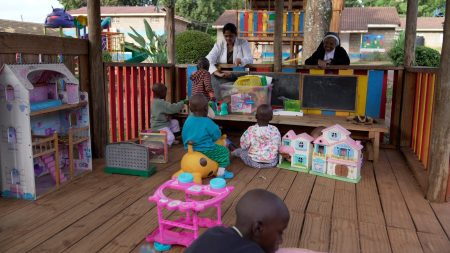The Injury Crisis at Arsenal: A Growing Concern
Arsenal, a prominent force in English football, is grappling with an unprecedented injury crisis that has left manager Mikel Arteta deeply concerned. The recent injury to key player Kai Havertz, which will sideline him for the remainder of the season, has highlighted the pressing issue of player welfare. Arteta has expressed his anguish, comparing the situation to an "accident waiting to happen" due to the immense demands placed on players by a congested soccer calendar. This sentiment is echoed by the injuries to other crucial players like Gabriel Jesus, Bukayo Saka, and Gabriel Martinelli, which have significantly strained Arsenal’s attacking options.
The Human Toll of Injuries on the Team
The emotional impact of these injuries extends beyond the pitch, affecting both players and fans. For the players, each injury represents a setback in their career and a loss of the opportunity to contribute to their team’s success. Fans, too, feel the disappointment as they watch their team struggle to maintain a competitive edge. The absence of these players has not only depleted Arsenal’s resources but also cast a shadow over their ambitions for the season. The team’s depth is being tested, and the morale of both the squad and the supporters is at risk.
Arteta’s Perspective: Schedule Overload and Player Well-being
Arteta has been vocal about the root cause of these injuries, pointing to the overloaded match schedule. He argues that the constant demand on players, exacerbated by the addition of more games in the Champions League and the introduction of an expanded Club World Cup, is unsustainable. Players, especially those with explosive styles, are bearing the brunt of this overload, leading to a higher risk of injuries. Arteta emphasizes that this is not merely a matter of luck but a consequence of overloading, which he believes is inevitable given the current schedule.
The Expanding Soccer Calendar: A Recipe for Disaster
The soccer calendar’s expansion, particularly with the revamped Club World Cup set to take place in the United States, adds another layer of strain. This tournament, spanning a month, extends the season for many teams, though Arsenal is not participating this year. The increased number of games leaves little room for recovery, pushing players to their limits. Legal challenges and potential strike actions by players are looming, as they seek to address the toll this schedule takes on their health and performance. This situation underscores the urgent need for reform to prevent further injuries and ensure player well-being.
Training Methods Under Scrutiny
Amidst the injury crisis, questions have arisen about Arteta’s training methods. However, Arteta defends his approach, stating that the team trains less than ever to avoid overloading the players. He explains that insufficient training can leave muscles underprepared for the rigors of constant matches, leading to injuries. Arteta highlights the importance of adequate recovery time, stressing that muscles and tendons need time to heal, which the current schedule often does not allow.
Looking Ahead: Balancing Ambition and Welfare
The broader implications of this crisis extend beyond Arsenal, highlighting a critical issue in modern soccer. There is a pressing need for a balanced approach that prioritizes player welfare without compromising the excitement of the game. As the season progresses, Arsenal must navigate this challenging landscape, hoping for a swift recovery of their injured stars. The club’s title ambitions hang in the balance, serving as a stark reminder of the delicate interplay between player health and competitive success.















